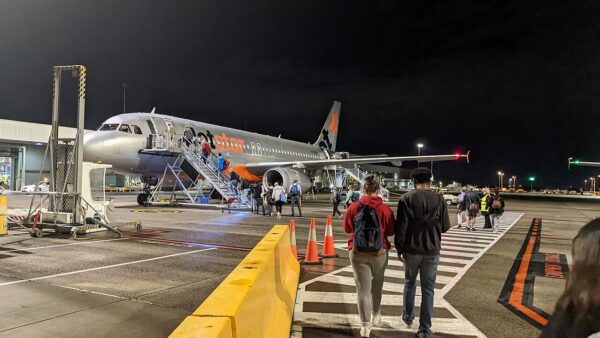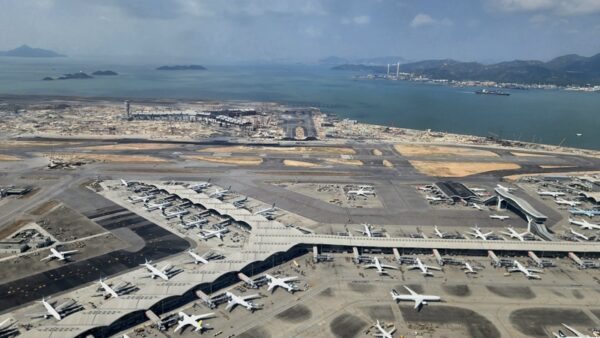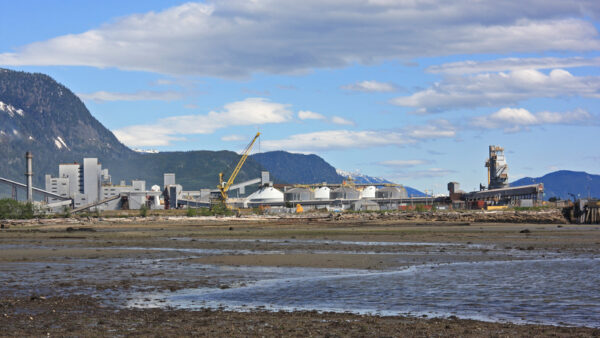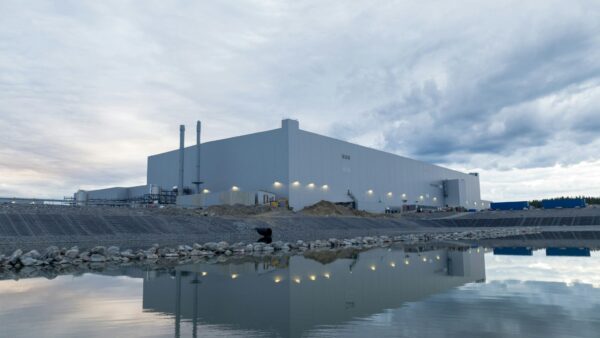23 April 2014
The government of Hong Kong could waive its rules against importing foreign workers in order to alleviate the region’s shortages of skilled labour.
According to a survey by the Hong Kong Construction Association, about 20,000 extra workers were needed to allow contractors to handle their present workload and prevent an even steeper rise in construction costs.
At present, contractors are not allowed to import foreign workers unless they can prove to the government that no local workers are available to fill the a vacancy.
This can be a lengthy process: applications are first examined by the region’s Labour Department before being considered by the Labour Advisory Board, which all takes about 32 weeks, although plans are in hand to cut that by six weeks.
According to a report in the South China Morning Post, the proposal to suspend the requirement altogether was prompted by a recent announcement that the US$8.6bn extension of the MTR, Hong Kong’s metro system, to the Chinese province of Guangzhou would be delayed by two years.
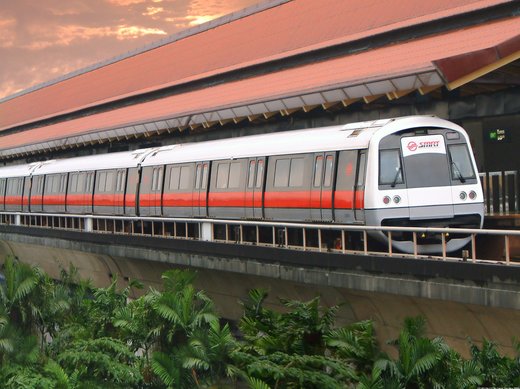
The move to lift restrictions on foreign workers follows a two-year delay to work on Hong Kong’s MRT subway system (Wikimedia Commons)
Under the new rules, the government would allow the Labour Advisory Board to import workers directly, based on its estimate of how many are needed on a particular project.
Schemes that fit the requirements include the high-speed railway, the US$10.7bn Hong Kong-Zhuhai-Macau bridge and the US$15.5bn plan to develop new towns in the north-east of the New Territories.
Fan Cheung-fung, organising secretary of the Confederation of Trade Unions, said the new suggestion might make the hiring process faster, but felt that it would benefit only those contractors that did not want to pay good salaries and provide full benefits to local workers.
He said: “The government has a responsibility to protect local and foreign labourers, not making it easier for contractors to exploit them.”
Thomas Ho, the president of the Hong Kong Construction Association, which represents employers, said: “If you include all the construction projects, the industry lacks 20,000 skilled workers. And the problem of ageing workers is serious. About 60% of formworkers and bar-benders are aged over 55.”






